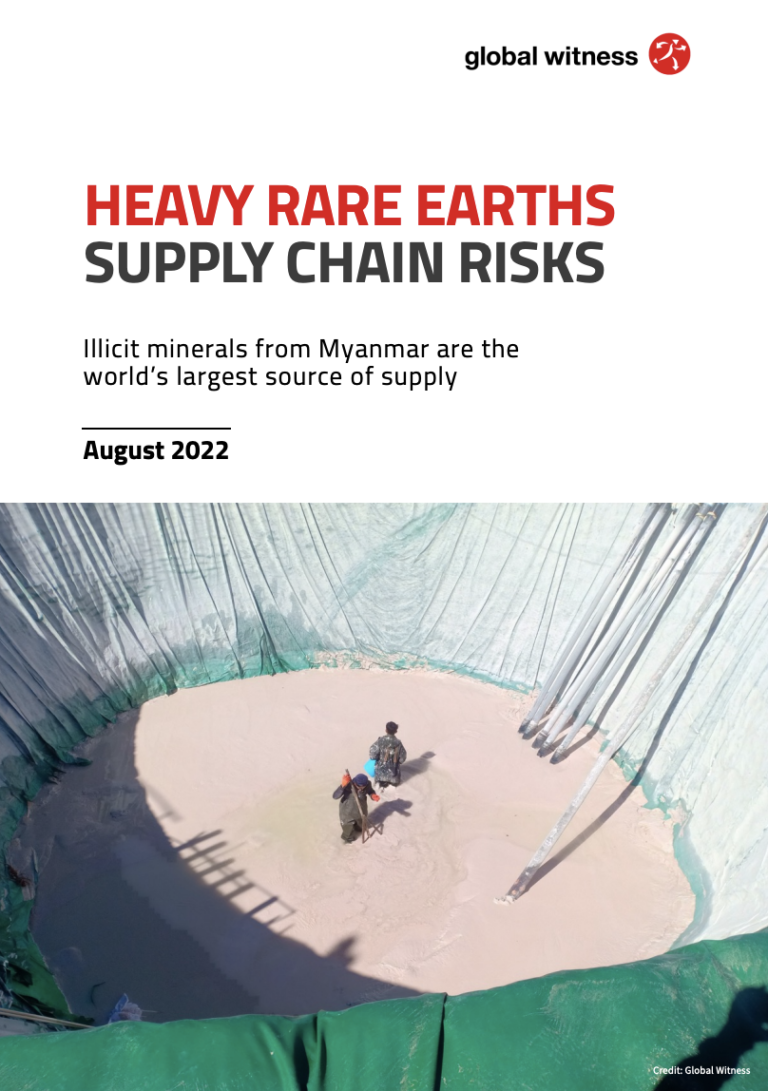The global economy is becoming increasingly reliant upon rare earth minerals, the ores of 17 metallic elements that are a key part of renewable energy solutions to climate change, enabling us to reduce our reliance on fossil fuels.
Two of these elements, dysprosium and terbium – classified among the so-called heavy rare earth elements – are particularly valuable. Among other applications, these metals are used to make high-strength permanent magnets used in electric vehicle motors and wind turbines. Dysprosium and terbium are also used in hightech weapons and a wide range of electronics including smartphones, hard drives and data storage devices.
While heavy rare earths are helping to power the green transition, the way they are currently extracted presents serious environmental and social risks. Mining involves injecting chemicals into large areas of land, generates large amounts of waste and releases toxins into the air, soil, and water.
As the world’s main producer of heavy rare earths since the 1980s, China has mostly borne the environmental burden of their extraction.
But over the last decade more and more heavy rare earth mining operations in China have been shut down as the government tightens its regulatory framework, clamping down on illegal mining and putting safeguards in place to protect against the worst environmental harms.
Yet global demand is still growing rapidly, and China remains the world’s largest processor. With many of its own mines now closed, where is China’s supply of these minerals coming from?

